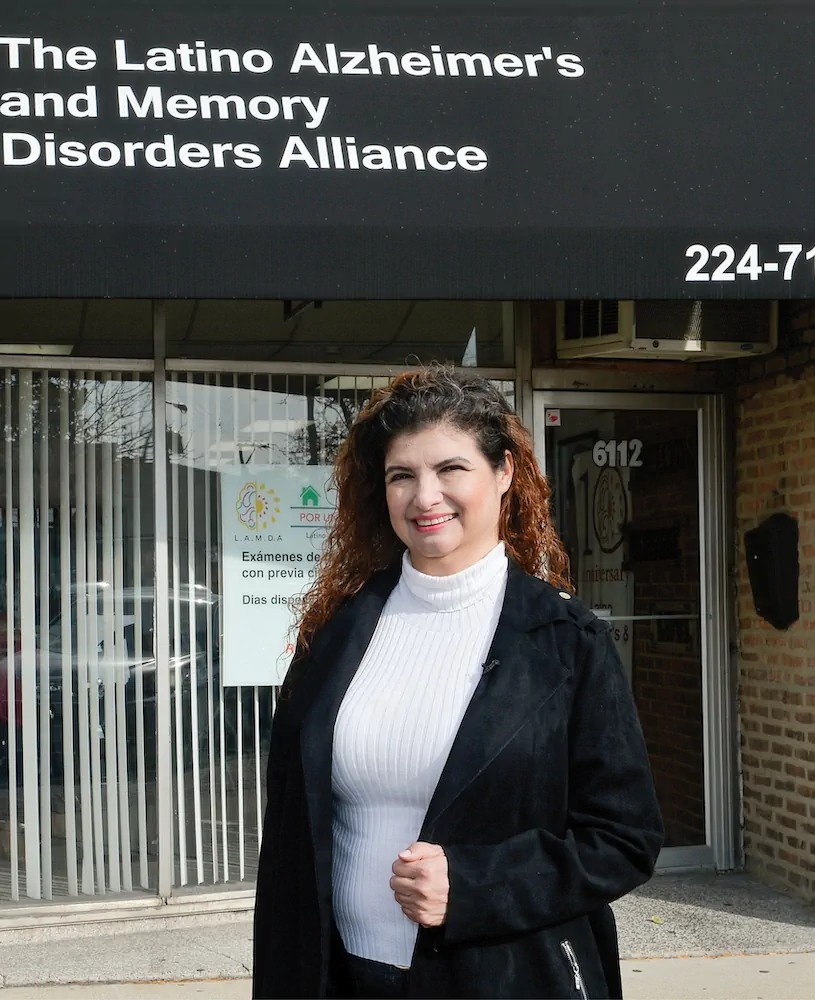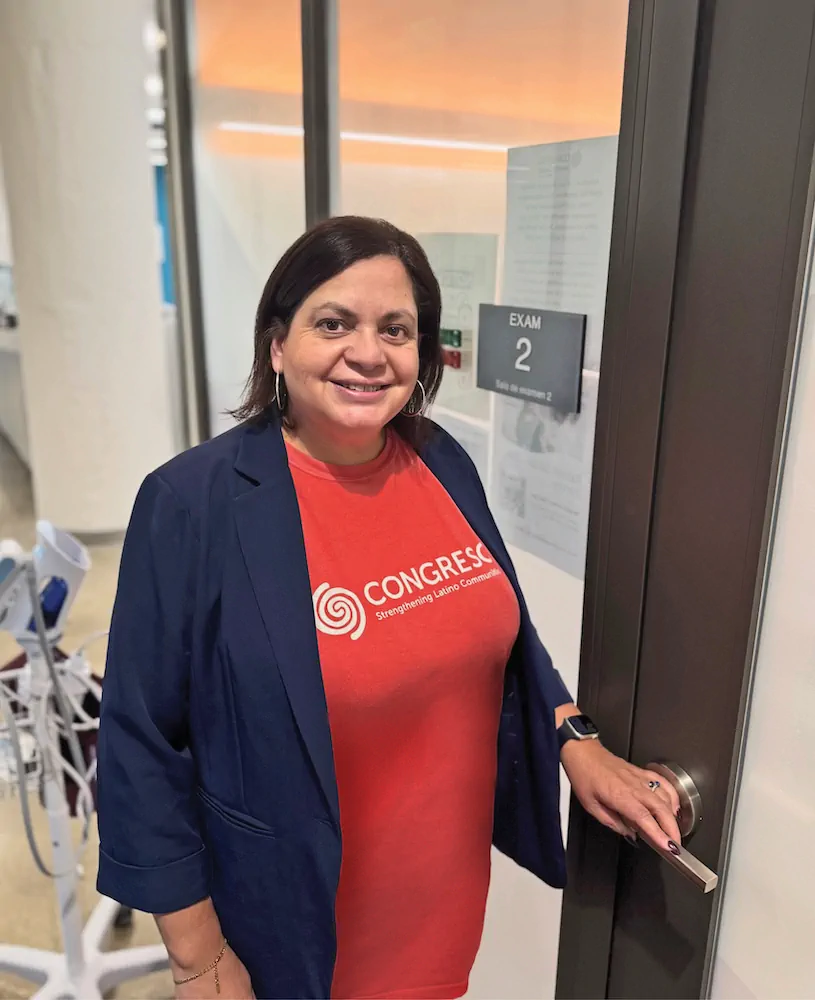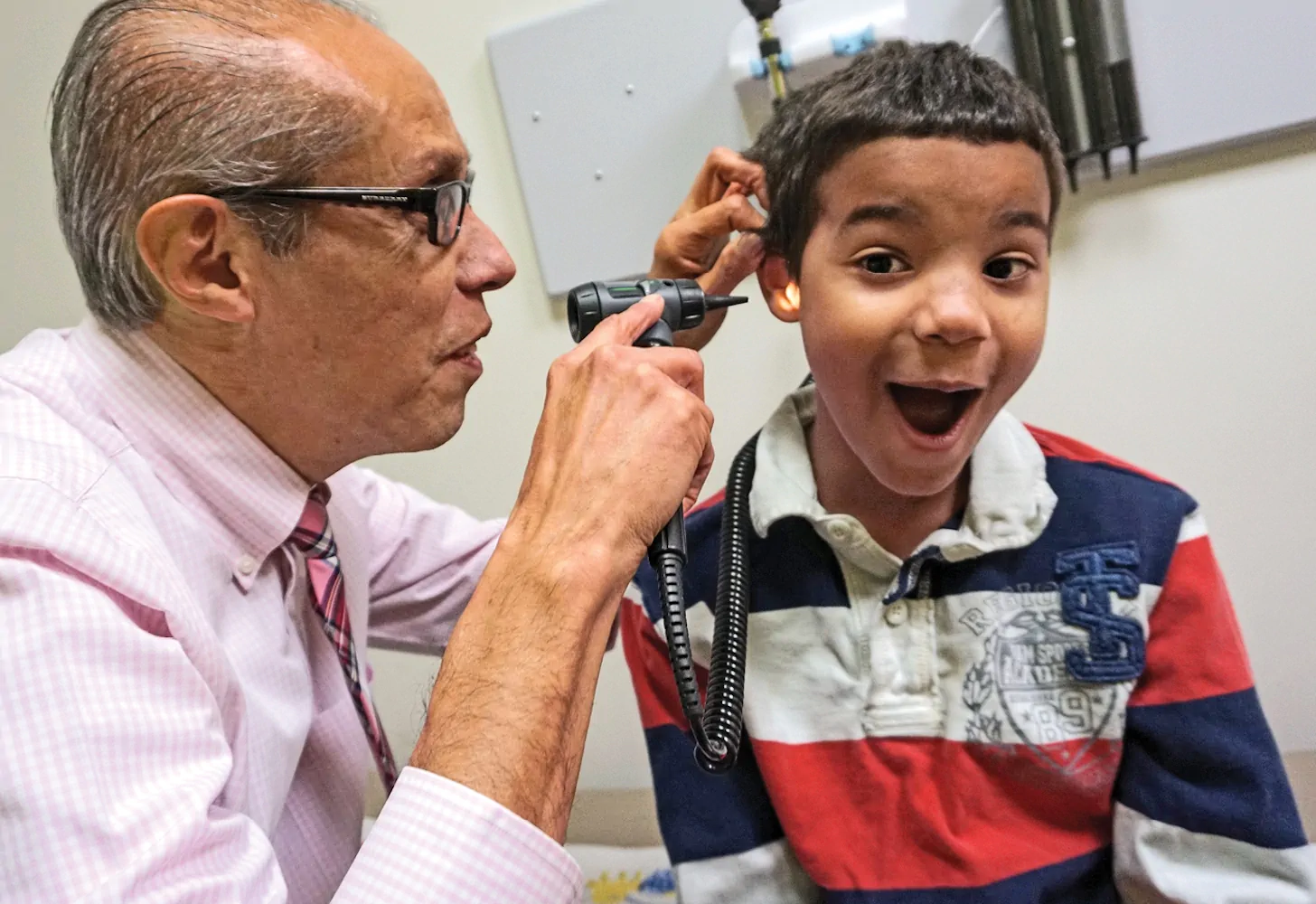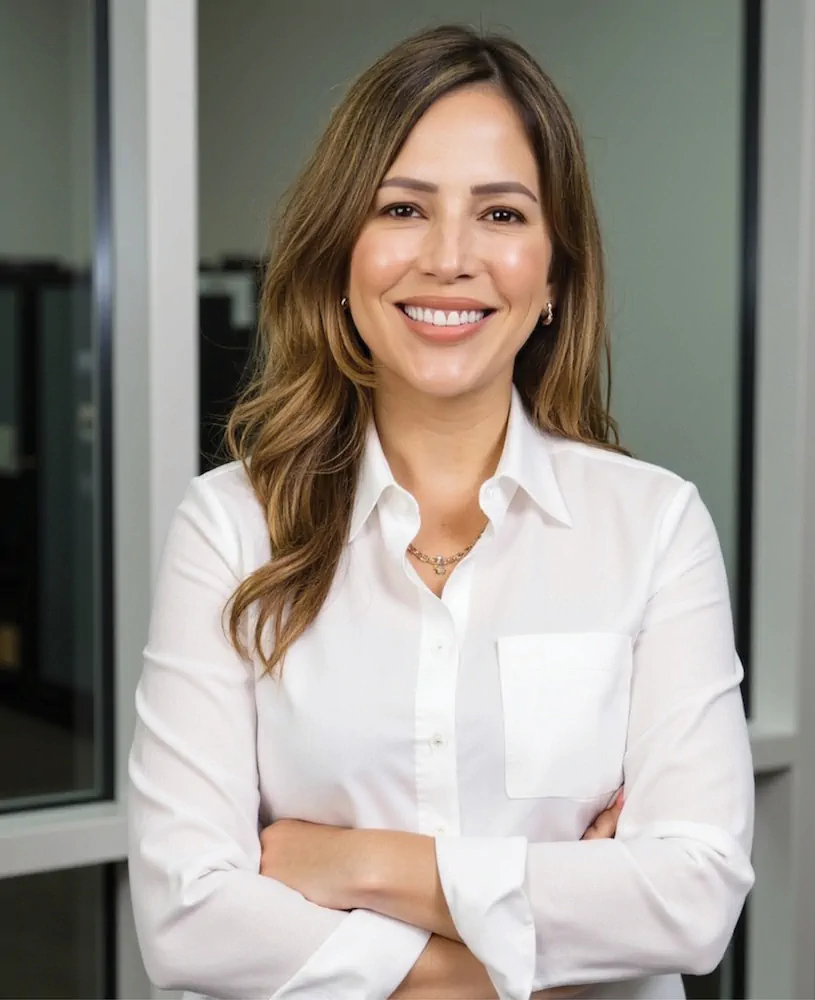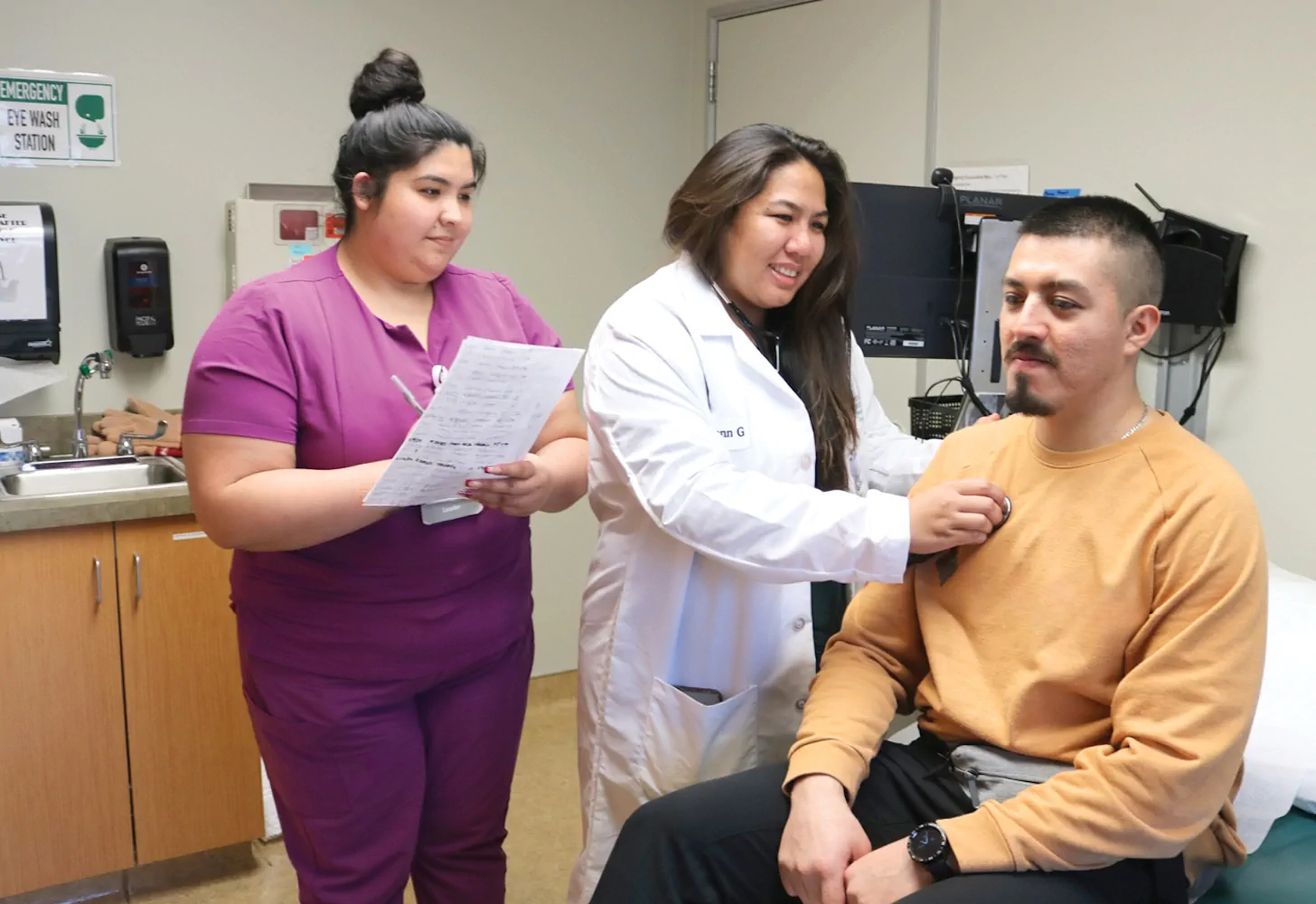As a child, I loved to listen to my Abuelita tell me beautiful stories about her childhood in Mexico in the 1920s. Her words painted pictures of a time and place I could only imagine. When she was diagnosed with dementia and could no longer share her stories, it broke my heart. That loss became my inspiration to create the Latino Alzheimer’s and Memory Disorder Alliance (LAMDA) in 2008, a Chicago-based nonprofit dedicated to supporting Latinos living with memory disorders and the caregivers who stand by their side.
In the beginning, we had nothing. Our budget was zero. Zero. Zero. Zero. I was working full-time as a multicultural outreach manager at a local hospital. After my hospital shifts ended at 5 pm, my second shift would begin: writing curriculums and proposals and planning workshops. I’d often work until 2 or 3 in the morning. The hospital was an incredible partner in those early years, providing space for support groups and educational workshops.
“When we were at our most vulnerable, RDF stepped up and believed in us.”
Our first big moment came with a Spanish-language conference for caregivers. People warned me not to expect much turnout, saying we’d be lucky to get 40 attendees. By 8 am on the day of the event, we had more than 400. That was when I realized just how big the need was—and how important this work could be.
After seven years, with steady support from grants and foundations, I was finally able to dedicate myself fully to LAMDA. But the journey hasn’t always been smooth. One year, a critical funding gap threatened our ability to stay afloat. That’s when UnidosUS introduced us to RDF.
I reached out to RDF, and they responded immediately. They provided us with a $10,000 emergency loan and told us we didn’t have to pay it back. It was a lifeline that helped us cover our bills and keep going. Then, when the pandemic hit in 2020 and funding became uncertain again, RDF stepped up with another $25,000 loan to help us make payroll and continue serving our community.
Today, LAMDA has grown into an organization with a $1.5 million annual budget, but I’ll never forget those early days when we struggled to survive. When we were at our most vulnerable, RDF stepped up and believed in us.

